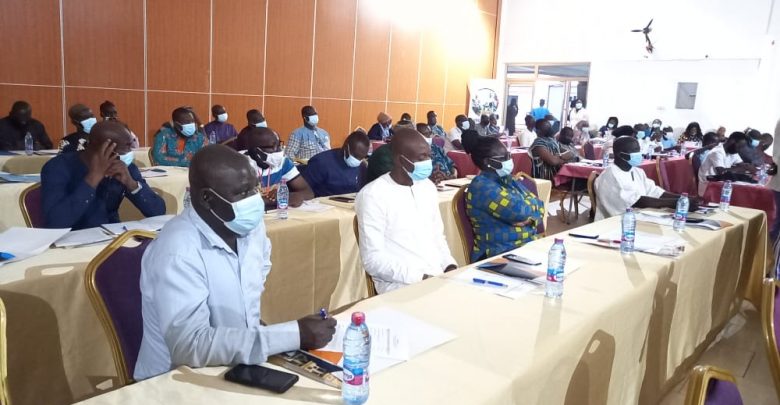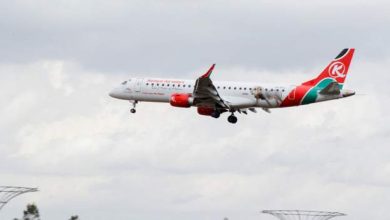Life StyleNews
55% of 487,678 households in N/R living in extreme poverty-GNHR

The Ghana National Households Registry (GNHR), under the auspices of the Ministry of Gender, Children and Social Protection (MoGCSP), has successfully registered a total of 487,678 households across the Northern, Savannah and North East regions earlier this year.
Available data shows that 304,975 -91,710 and 90,993 households were registered in the Northern, Savannah and North East regions respectively.
Dr Prosper Laari, National Coordinator for the GNHR, made this known in Tamale during a forum to disseminate data it collected on households in the three Northern regions.
He said the household register contained ready-information that could assist government and non-governmental organizations (NGOs) to implement policies that would improve on the living standards of vulnerable groups in the old northern region.
In highlighting some of the statistics in the data, he said “a total of 304,975 households consisting 1,511,680 member-population in 1,666 communities were collected in the Northern Region.
In the Savannah region, socio-economic data of a total of 91,710 households with 533,890 member-population in 591 communities was collected.
Whiles in the North East region, socio-economic data on a total of 90,993 households with 523,631 member-population in 548 communities were collected.
“Household poverty analysis reveals that about a third (32%) of the household population falls above the national extreme poverty line with over half of the household population (55%) falling below the national poverty line”.
Findings from the data collected revealed further that residents in the three regions had poor living standards, with a call on government and other development partners to work assiduously to improve on their wellbeing.
Alhaji Alhassan Shani Saibu, Northern Regional Minister, in a speech read on his behalf, said government was committed to carrying out programmes that would help to enhance the living conditions of rural dwellers.
He said the household register would aid government to fine-tune its implementation of social protection programmes such as the Livelihood Empowerment Against Poverty (LEAP) to select eligible beneficiaries to help reduce the rate of poverty in the country.
Source:Fiilafmonline/NiiSowah


